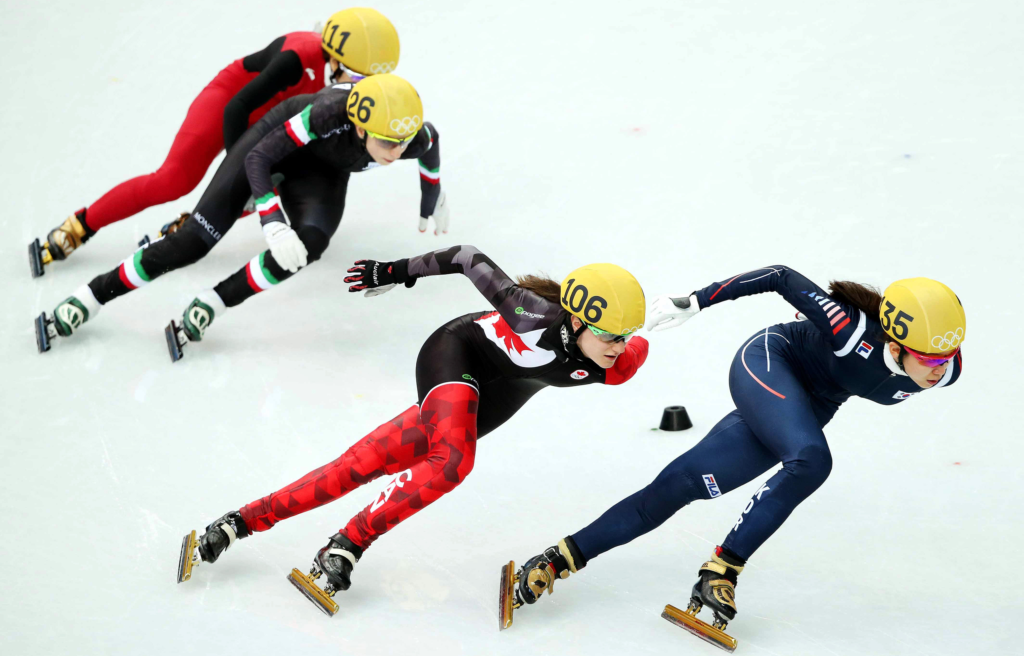The Peninsula
Real Geopolitical Tensions Shape Public Attitudes

What Happened:
- Anti-China sentiments are increasing over allegations that Korean athletes at the Winter Olympics are being treated unfairly to advantage Chinese competitors.
- In response to widespread discussions on these incidents, candidates in the upcoming presidential election made public comments on these allegations.
- South Koreans were further infuriated with the display of traditional Korean attire at the Opening Ceremony, leading to accusations of cultural appropriation.
Implications: Tangible geopolitical tensions undergird popular engagement with Korea’s foreign policy posture. The South Korean domestic response to allegations of cultural appropriation and cheating by China at the Winter Olympics come on the heels of Beijing’s unofficial economic retaliation against Seoul and public outrage at the crackdowns on protests in Hong Kong. These developments are comparable to anti-U.S. sentiments that arose following the 2002 Winter Olympics when a South Korean short tracker was disqualified from a race following contact with an American competitor. The resulting resentment became a bigger political issue when U.S. troops stationed in South Korea struck and killed two local schoolgirls later that year, leading to wider public discussions on the U.S.-Korea alliance. Ultimately, these sentiments shaped the foreign policy platforms of candidates running in the December 2002 presidential election.
Context: Online platforms that encourage and spotlight misinformation complicate the dynamics between popular sentiment and foreign policy, elevating the risk of toxic nationalism taking hold of the discourse. In particular, Gukppong – online content promoting hyper-nationalistic rhetoric – contributes to heightened animosity towards countries that commit both real and perceived slights against Korea.
This briefing comes from Korea View, a weekly newsletter published by the Korea Economic Institute. Korea View aims to cover developments that reveal trends on the Korean Peninsula but receive little attention in the United States. If you would like to sign up, please find the online form here.
Korea View was edited by Yong Kwon with the help of Kayla Harris, David Lee, Sarah Marshall, and Mai Anna Pressley. Picture from the Wikimedia commons account of Korea.net
